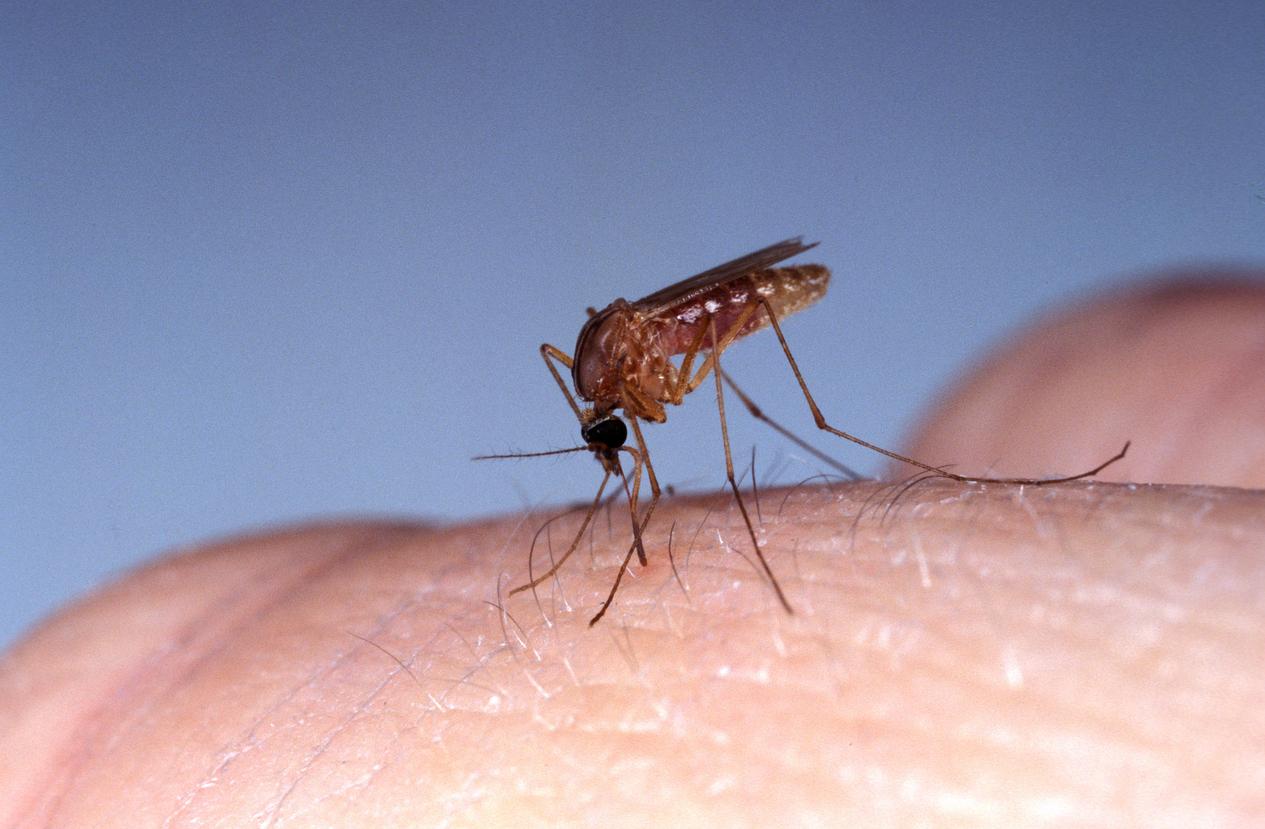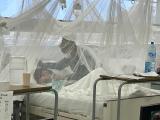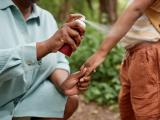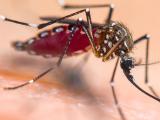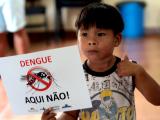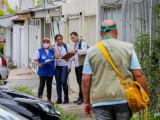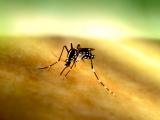The Pan American Health Organization (PAHO) recently posted an epidemiological alert about a rise in Oropouche fever cases in parts of the Americas region that is occurring alongside a rise in infections involving dengue, which has similar symptoms.
Oropouche virus is part of the orthobunyavirus family, with an incubation period of 4 to 8 days. Similar to dengue, symptom onset is sudden and typically includes fever, headache, musculoskeletal pain, chills, and sometimes, nausea. Some patients experience aseptic meningitis. Most patients recover in about a week, but for some, symptoms linger for weeks.
It is mainly spread by a species of biting midge called Culicoides paraensis but can also be transmitted by certain Culex mosquitoes.
Brazil's hot spot in Amazonas state
Several countries in the Americas have reported Oropouche fever cases, including Brazil, Ecuador, French Guiana, Panama, Peru, and Trinidad and Tobago. The virus can trigger outbreaks in both rural and urban settings.
In early January, health officials from Brazil's Amazonas state issued an alert after cases were detected in December and early January. The state's public health lab evaluated 675 blood samples, which confirmed Oropouche virus in 29.5% of them. Most were linked to patients from Manaus, the state's capital, with a population of more than 2.2 million people.
Between 2023 and 2024, Amazonas state recorded 1,066 Oropouche cases based on reverse transcription-polymerase chain reaction (RT-PCR) testing, nearly 700 of them from Manaus. PAHO said investigation is under way into cases reported from Acre and Roraima states. All three states are in northwestern Brazil, and Acre and Roraima states border Amazonas state.
Increased vigilance and testing
PAHO said Oropouche cases were reported from four cities in Colombia between 2019 and 2021, as well as six of Peru's departments from 2016 to 2022. In 2020, French Guiana reported an outbreak in a remote rainforest part of the country that resulted in at least 41 cases.
The group urged countries in the region to step up their surveillance for Oropuche fever cases, update health providers about case detection, and communicate with at-risk populations about the threat.
It also emphasized the importance of lab diagnoses, given clinical similarities to dengue and other mosquito-borne infections. Depending on lab capacities, it might be useful to test a subset of samples obtained for dengue tests that were negative for dengue virus.
